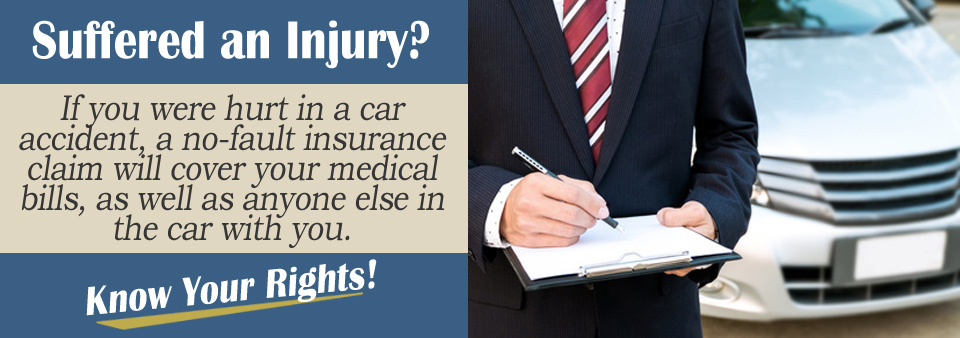Every state has its own set of laws when it comes to personal injury claims. Fault plays a huge part in many states, while, in others, fault is not an issue. If you reside in a state where no-fault insurance is the law of the land.
You will be required to go through your own carrier regardless of who caused the accident. What is no-fault insurance, and how does it affect your claim?
We have asked attorney, Alaina Sullivan, about what you should do. Here is what she had to say:
What Is No-Fault Insurance?
A dozen states, including Florida, Hawaii, Kansas, Kentucky, Massachusetts, Michigan, Minnesota, New Jersey, New York, North Dakota, Pennsylvania, and Utah, as well as the District of Columbia, have no-fault car insurance laws. Under no-fault insurance, you are legally required to file claims with your own car insurance carrier regardless of who causes the accident.
This includes medical bills, lost earnings and other damages. A no-fault insurance claim is also called a Personal Injury Protection claim (PIP claim). Your insurer will compensate you for your medical bills and will reimburse you for lost earnings up to either the amount of your claim or your state’s limit, whichever figure is lower.
What Is Covered by No-Fault Insurance?
A no-fault insurance claim or PIP will cover your medical bills, as well as your passengers’ medical bills. Other expenses, such as lost income, household services, or childcare costs as a result of the injury will be covered, as well, so long as your injuries are preventing you from returning to your job or from performing job duties or tasks for a set period of time.
What Is Not Covered by No-Fault Insurance?
If you only have no-fault insurance and not additional collision coverage, you may be on your own to repair property damage to your car. Collision is not automatic overage per state minimum standards and needs to be paid for separately.
If you have caused damage to someone else’s property, your no-fault insurance coverage will not pay for these costs. Lastly, any medical expenses that are in excess of the state limit will need to be paid for out-of-pocket.

Can I Seek Pain and Suffering?
However, certain damages are not permitted to be sought under no-fault insurance. In most no-fault states, you are not allowed to make a claim for pain and suffering damages against the other driver unless your medical bills are over a specific amount or your injuries are deemed “sufficiently serious.”
This limit was set as a way to keep out smaller claims and only allowing the strong claims to be made. If you have pain and suffering damages, you can pursue this claim by a third-party personal injury law suit against the other driver.
State-by-State Basis
Of course, every state is different. For instance, in Florida, no-fault coverage means you are required to have Personal Injury Protection (PIP). If you were not at fault, you would still file a claim for your own personal injury protection against the at-fault party’s Bodily Injury Liability.
However, in Pennsylvania, New Jersey and Kentucky, drivers can choose between fault and no-fault coverage. On the opposite end of the spectrum, Michigan has rather strict no-fault policies.
Under Michigan law, coverage includes three parts: Personal Injury Protection (PIP), Property Protection (PPI), and Residual Bodily Injury and Property Damage Liability (BI/PD). PPI will pay for up to $1 million in damages you cause to other people’s property, but this coverage does not include other cars, unless they were legally parked at the time you hit them.
Basic no-fault coverage in Michigan does not cover repairs or replacement for your car if it is damaged. This coverage requires you to purchase collision and comprehensive policies for your own physical damage coverage.
Other states have no-fault coverage as a way to limit personal injury law suits by issuing restricts on personal injury claims that can be made, such as the pain and suffering damages mentioned above. This limit does not mean that the party cannot pursue it personally, but it does make it harder.
Contact an Attorney Today
If you have been involved in a car accident and you live in a state where no-fault insurance laws are involved, it is always recommended you contact an attorney today to discuss your case if you do not currently have a lawyer or have any questions.
A licensed personal injury attorney will be able to evaluate your case and determine if you have a claim against the other party’s insurance company. To receive the compensation for your medical bills, property damages, and pain and suffering, you should speak with a personal injury attorney in your area today.